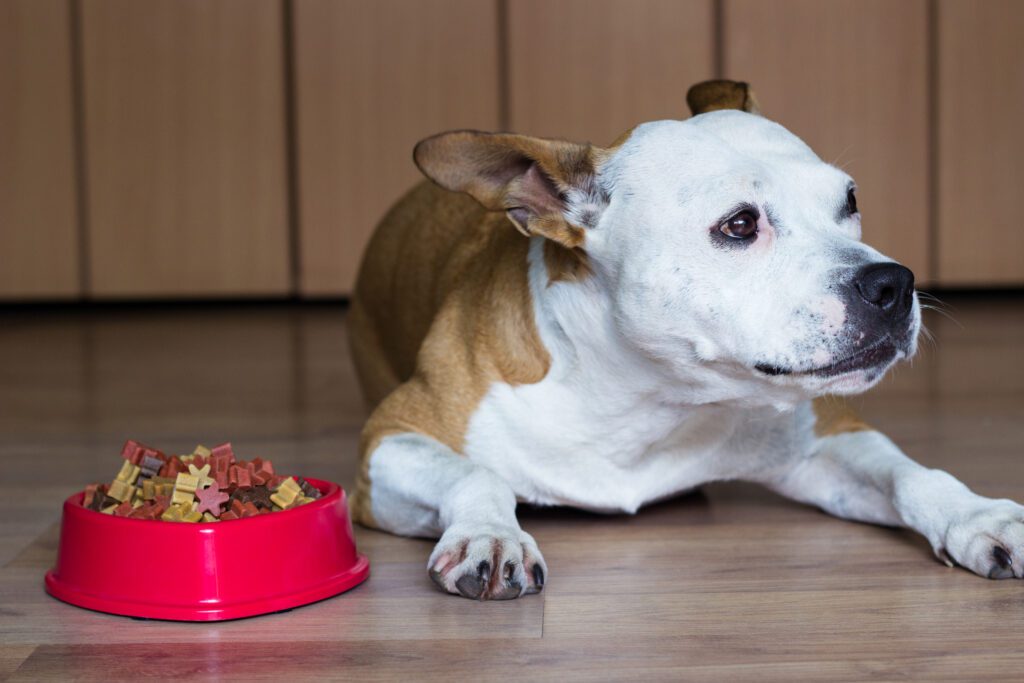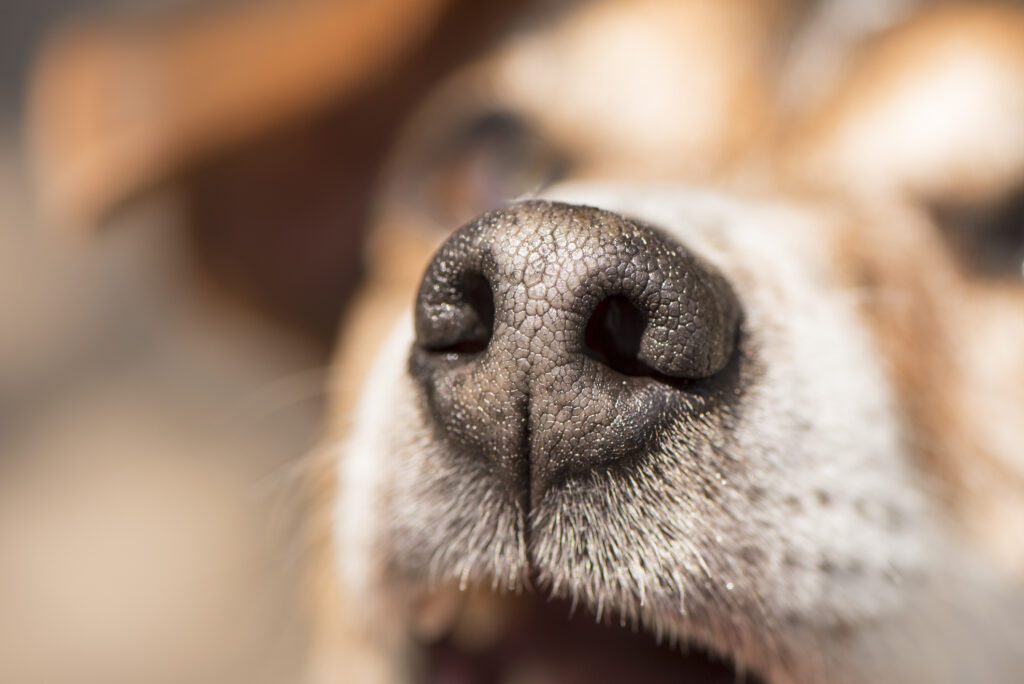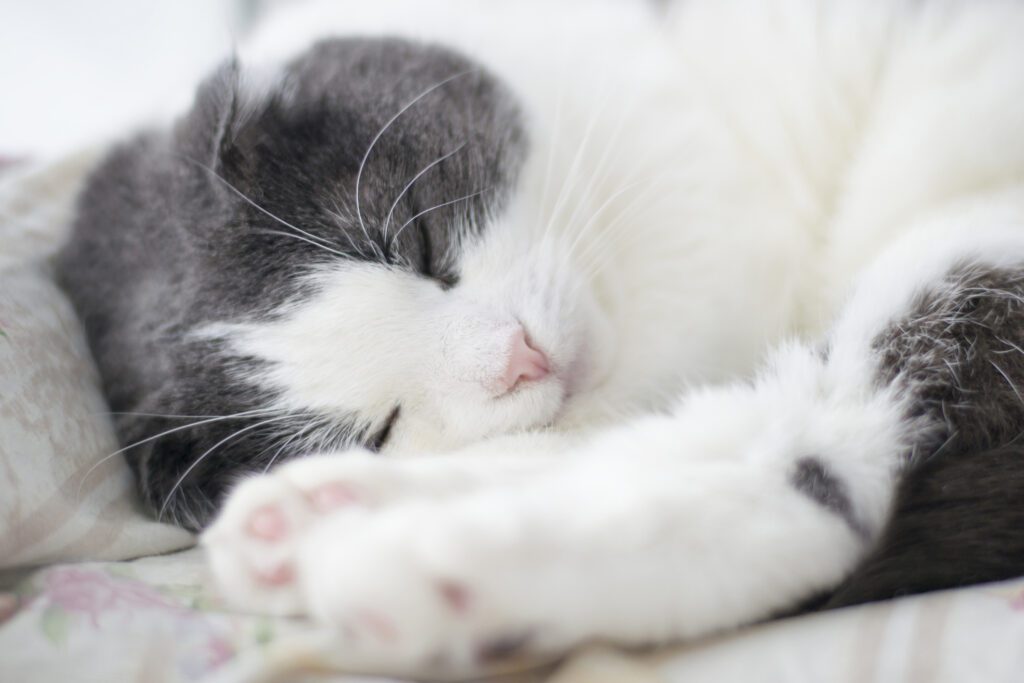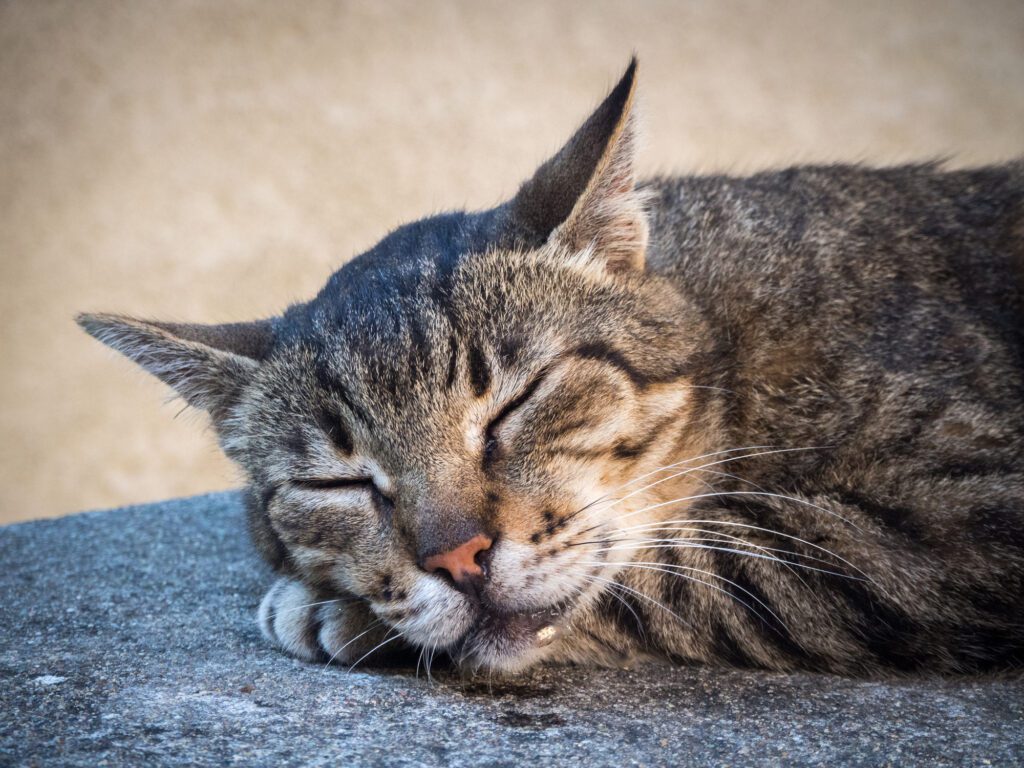5 Signs of Kitten Teething
As the owner of a young baby kitten, you’ve got a lot of experiences ahead of you and your cat. Some of these will be fun ones, and others may be a little less exciting—like teething. Kittens go through a teething period that can put a lot of stress on them and you, too. In order to help make this experience as easy and stress free as possible, it’s beneficial for you to know the common signs of kitten teething.
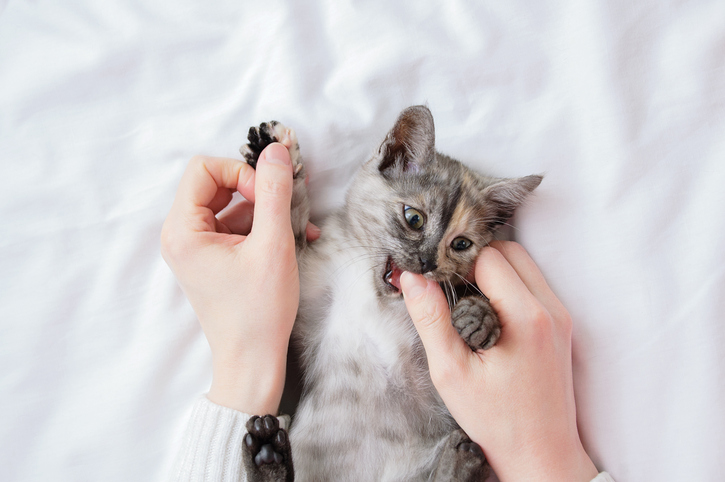
Although young dogs are known for their extreme puppy teething periods that involve chewing up shoes and furniture, they aren’t the only pets that go through this process. Just like human babies and puppies alike, kittens need to lose their baby teeth and grow in their adult teeth.
In the article below, you’ll find out more information about the most common signs of teething in kittens. When you start to notice these signs in your own kitten, it’s time to look into management and solutions to help your feline friend get through their teething process.
5 common signs of kitten teething include, but aren’t limited to:
1. When They Get to be of Age
Your kitten will probably start teething around ten weeks of age—just two and a half months! This is quite young, and most households will have already adopted kittens before they reach this point. Therefore, one of the best ways to tell it’s time for your kitten to start teething is to consider their age.
Some kittens may start teething as early as eight weeks, while others may not start until about twelve weeks. Anywhere within this time frame is healthy and normal. If it takes your cat a long time to start teething, you can talk to your veterinarian for more information.
2. Your Kitten is Chewing on Everything
Like human babies and puppies, kittens chew more when they’re teething. The act of chewing helps relieve some of the built-up pressure and pain associated with their swollen gums, and it also helps old baby teeth fall out more easily. Finally, chewing helps push the gums back enough to allow new teeth to grow in properly.
It can be tempting to punish your kitten for chewing like this, but try to avoid doing so. They’re just working through the teething process and do not know any better. Instead, redirect their attention to something that is made for them to chew on, like kitten-safe cat toys.
3. Red and Bleeding Gums in Your Cat
One of the most telltale signs of kitten teething is gum redness. This redness often goes along with bleeding of the gums. You can check your kitten’s gums by holding them gently but firmly and pulling back one side of their mouth at a time. If their gums are red, swollen, or bleeding, they’re probably teething.
Many cat owners notice teething when the kitten leaves behind flecks of blood after chewing on toys. Look at your kitten’s toys, bedding, and food dishes closely to see if you can spot any drops of blood on any of these surfaces.
4. Your Cat Has Grumpy Behavior
The pain and irritation that both go along with kitten teething may make your cat cranky and grumpy. Where your kitten may have once been a sweet and loving little cat, they may now have an attitude! Don’t worry—this is a perfectly normal part of the teething process and can be equated to a fussy human baby going through the same thing.
Your cat’s behavior should even out when they’re finished teething. If it does not for some reason, you may want to talk to your vet about other underlying problems.
5. Loss of Appetite in Cats
Cats experience loss of appetite as a symptom of a wide range of health problems. However, if you notice a loss of appetite along with the other symptoms on this list, you can probably safely attribute it to your cat’s teething.
Cats are less interested in food when it hurts them to eat. Since your kitten’s teeth and gums are sore and bleeding during this process, they aren’t as inclined to eat the way they would be otherwise. The loss of appetite should clear up when their teeth have finished growing in.
Contact Heart + Paw for Any Questions About Kitten Teething
Now that you’ve had a chance to learn more about kitten teething, you should be better able to recognize it when it happens to your kitten. If you find your kitten in the middle of teething suddenly, don’t worry—it won’t last too long! Stay patient and pay attention to your cat’s needs throughout the experience.
Your kitten may take up until about six months of age to finish teething. By the time they are six months old, they should have all their adult teeth and should be ready to explore the world—and try new, adult foods!—with the help of their new teeth.
However, if your kitten seems to be having any difficulty with teething, or if the process is taking longer than you feel like it should, be sure to talk to your vet for more information. Your vet can tell you what’s going on and help your kitten teethe properly. Book an appointment with our team at any of our Heart + Paw locations to make sure your kitten gets the care they need.
Recent Posts
How Dog Skin Infections Can Cause Your Pet to Be Itchy
We all know that look of discomfort on our furry friend’s face when they can’t stop scratching….
10 Signs That Your Dog Has Food Allergies
You know your fur baby better than anyone else. You notice when they’re wagging their tail more…
Is it Normal for My Dog to Have a Dry Nose?
So, you’ve noticed that your dog’s nose is a bit on the dry side, and now you’re…
Cat Wheezing: Causes and Treatment Options
We know that when your feline friend starts wheezing, it’s easy to get concerned. After all, our…
When Cat Drooling is Normal and When it is Not
If you’re here, chances are you’ve noticed your feline friend drooling a bit more than usual. Maybe…
About Us
Heart + Paw was founded in 2018 by Chief Veterinary Officer Dr. George Melillo, who currently serves the Mid-Atlantic area. Heart + Paw offers a combination of veterinary care, pet grooming, and dog daycare to help be a resource in your pet parenthood journey.
We'd Love to Meet Your Four-Legged Friends
Find out how the friendly veterinary team at your local Heart + Paw can help your pets live longer, healthier lives by searching for a location near you.


